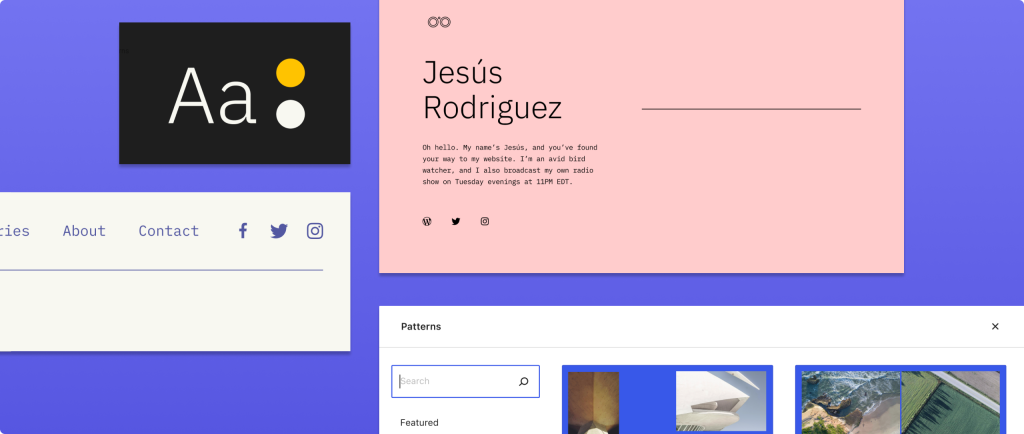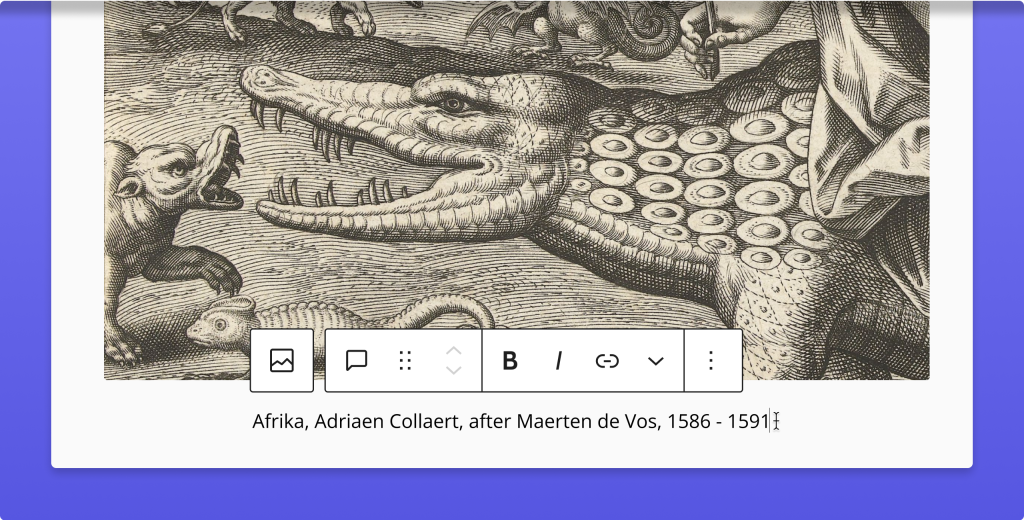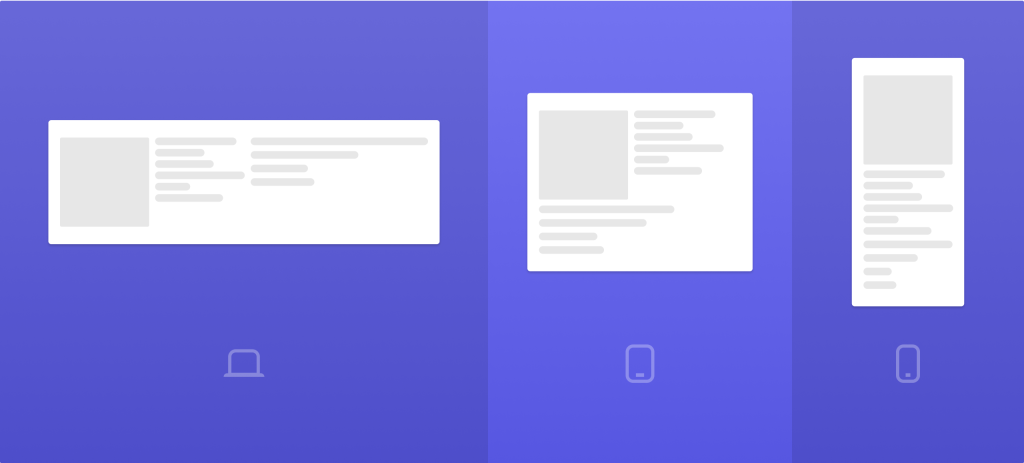This post was coauthored with (some of) the facilitators of the Core Core is the set of software required to run WordPress. The Core Development Team builds WordPress. Editor chat – @zieladam, @annezazu, @bph, @fabiankaegy, @paaljoachim.
The Core Editor chats are a useful opportunity for contributors to gather, stay updated and share ideas on how to improve the block Block is the abstract term used to describe units of markup that, composed together, form the content or layout of a webpage using the WordPress editor. The idea combines concepts of what in the past may have achieved with shortcodes, custom HTML, and embed discovery into a single consistent API and user experience. editor.
Recently, the meeting facilitators (named above) have been discussing making some changes to the format of the chat with the goal of reducing the quantity of status updates in favour of more informal discussion and collaboration. This will involve removing some sections entirely and reducing others in order to make best use of the available meeting time.
To allow for feedback, we are proposing that these changes come into effect as of the Core Editor on 2nd February 2022.
Why are these changes needed?
Regularly chat attendees will know that the most valuable Core Editor chats are those which contain good dialogue and discussion between contributors.
This is particularly true when Gutenberg The Gutenberg project is the new Editor Interface for WordPress. The editor improves the process and experience of creating new content, making writing rich content much simpler. It uses ‘blocks’ to add richness rather than shortcodes, custom HTML etc. https://wordpress.org/gutenberg/ Core team members are in attendance, as they are able to provide a unique level of insight and expertise based on their understanding of the foundation of the editor itself.
In the past, such discussions have proven to be very useful for contributors seeking help with technical questions and/or to those submitting new proposals for consideration by the community.
As facilitators, we have noticed that this type of dialogue occurs most frequently during the “Open Floor” section of the meeting where attendees are encouraged to submit questions for discussion by those present.
We want to do our best to encourage and facilitate such opportunities on a more regular basis.
What will change?
As a result of these conclusions, we are proposing the following high level changes to the Core Editor chat format:
- General status updates to be reduced to a minimum.
- Key project updates to become “async”.
- An extension of the current Open Floor section.
Let’s visit these in a little more detail.
General status updates to be kept to a minimum
The facilitator will endeavour to cover only the most critical status updates. Currently these are typically:
- latest Gutenberg release
- current WordPress release cycle news.
The length of these segments will be considerably reduced in favour of signposting towards external information to be consumed by attendees at their own leisure.
Any important announcements can and should still be made (e.g. release cut off dates .etc).
Key project updates to become async
WordPress contributors are inherently distributed. Therefore, instead of requesting synchronous updates on key Gutenberg projects, contributors will instead be strongly encouraged to provide these status updates async via Github GitHub is a website that offers online implementation of git repositories that can can easily be shared, copied and modified by other developers. Public repositories are free to host, private repositories require a paid subscription. GitHub introduced the concept of the ‘pull request’ where code changes done in branches by contributors can be reviewed and discussed before being merged be the repository owner. https://github.com/.
The meeting facilitator will then signpost attendees to these updates for consumption at their leisure thereby freeing up a considerable portion of the allotted meeting time.
Many of the key Gutenberg projects already sustain a regular cadence of updates on their tracking issues and we therefore hope that it will be possible for Core contributors Core contributors are those who have worked on a release of WordPress, by creating the functions or finding and patching bugs. These contributions are done through Trac. https://core.trac.wordpress.org. to keep their respective projects updated.
Extension of the Open Floor section
As outlined above, we intend to dedicate the majority of the meeting time to discussion and collaboration. In practice this means that we intend to extend the Open Floor section to encompass more of the allotted meeting time.
This section will retain the existing format; namely:
- facilitator will determine ordering of discussions.
- attendees can provide topics in advance via the Core Editor agenda comments.
- attendees can suggest additional topics in real time during the meeting.
This will remain a moderated session with the facilitator deciding when it is appropriate to move between topics to ensure a varied discussion.
Let us know what you think
We as facilitators look forward to your feedback on the proposal above and we hope you will agree these changes will have a positive impact on the Core Editor chat.
If you have any feedback please leave it as a comment or feel free to raise it during the Core Editor chat on Wednesday 26th Jan 2022 (note that meeting will retain the current format).
Thanks to @audrasjb and @priethor for reviewing this post.
#core-editor







You must be logged in to post a comment.